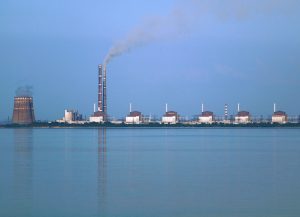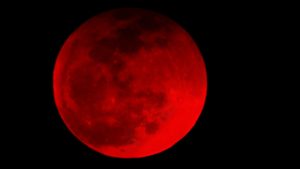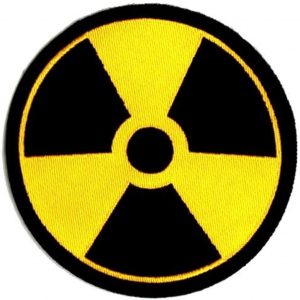Russia has announced the take-over of the Zaporizhzhia Nuclear Power Plant in Ukraine.
Russian President, Vladimir Putin, on 5 October, 2022 signed into law the Russian parliament’s approval of the result of the referendum in four occupied territories belonging to Ukraine.
In the referendum held in Zaporizhzhia, Kherson, Luhansk and Donetsk late September, 2022 the people voted overwhelmingly, to join Russia.
The vote is however, controversial having been condemned by NATO, US and Ukraine as coercive and stage-managed to favour Russia.

Before then, both the UN and IAEA were concerned that the Zaporizhzhia Nuclear Power Plant was running out of control as the war raged.
A nine-member IAEA inspection team led by the Director-General, Rafael Mariano Grossi, arrived at the Zaporizhzhia Nuclear Power Plant on 1 September, 2022 to assess the situation and stabilise it.
Two IAEA members of staff were left permanently, at the plant.
Grossi submitted a 52-page report on his visit to the UN Security Council which was deliberated upon at both the Security Council meeting and the 77th UN General Assembly, without any headway.
Russia’s atomic energy agency, Rosatom, is now taking over the plant from that of Ukraine, Energoatom, without a formal handover.
The Ukrainian staff continued to operate it but, Russia controls the plant which it seized on 4 March, 2022.
The war was still raging, after a first rocket attack near the nuclear power plant cut-off electricity from its power line on 5 August, 2022.
The fighting has since then continued with both Russia and Ukraine accusing each other of firing rockets that land near the plant.
The UN and IAEA are concerned about the fighting damaging the plant and causing a nuclear disaster in the entire region and beyond.
The IAEA had called for a demilitarised zone around the plant but it is not clear if the UN will consider sending peace-keeping troops to enforce it.
The Zaporizhzhia Nuclear Power Plant has the largest of the 15 nuclear reactors in Ukraine and is the biggest nuclear power plant in Europe with six pressurised water reactors of 1,000 mw each.
The Ukrainian workers are being redeployed and replaced by Rosatom staff.
All the six reactors in the plant are shut.
The power lines leading out of the plant are all damaged in the fighting.
In a nuclear power plant that generates power, the electricity it produces must be evacuated and used.
Though the plant is shut, it is still not safe.
This is because standby generators have to power the water pumps to pump water to cool the reactors from residual heat to avoid a meltdown and radiation leaks.
With winter coming, people need the electricity from the plant to survive.
Grossi is leading a team to visit Moscow and possibly, the plant again, next week.











